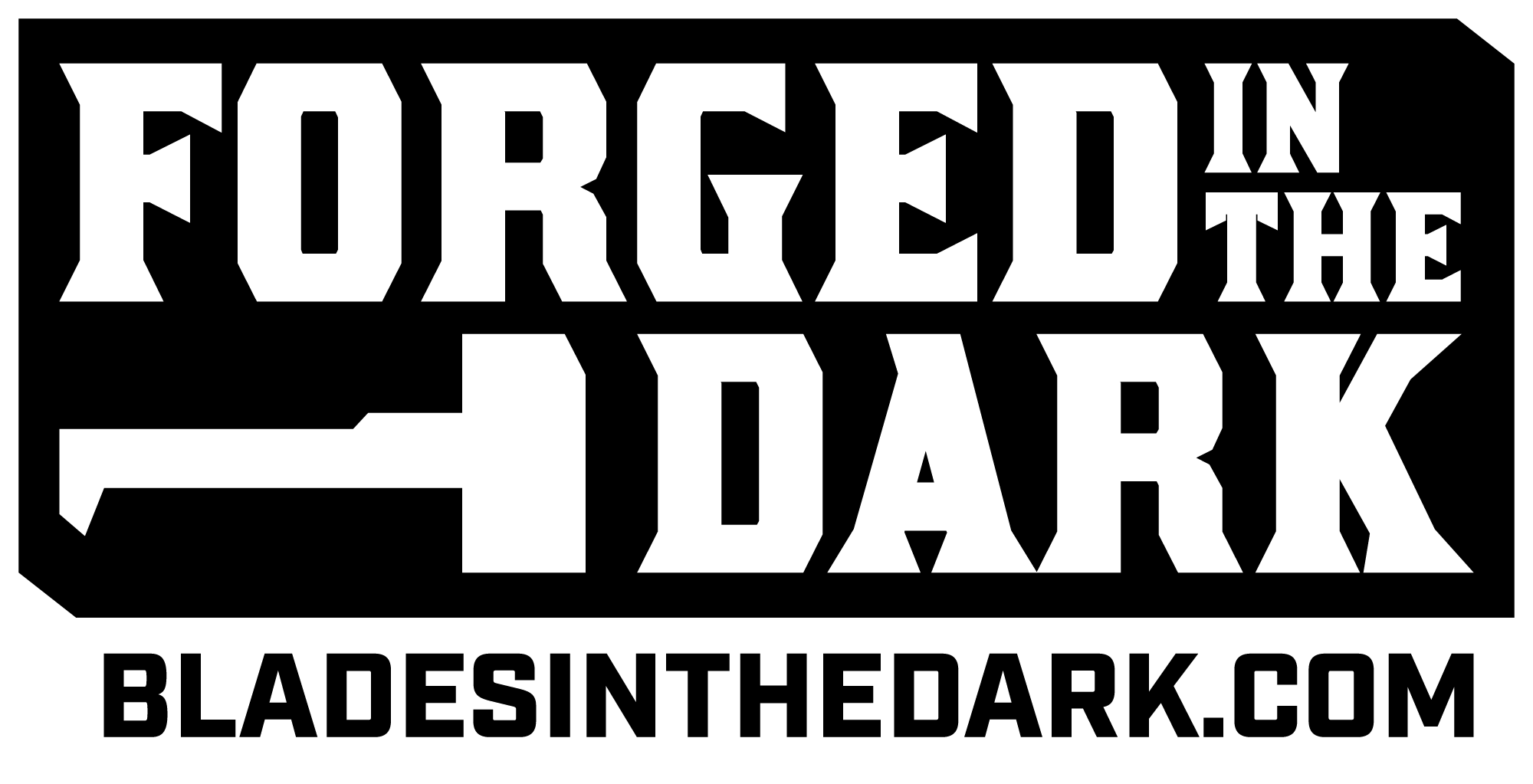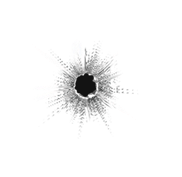Skills — Science 
Astronomy
You can:
- decipher astrological texts
- plot the movement of constellations
- study and debunk UFO reports
Chemistry
Chemistry offers clues about unknown substances, hazardous and harmful materials, and pretty much anything involving a laboratory.
You can:
- identify drugs, pharmaceuticals, toxins, and viruses
- match samples of dirt or vegetation from a piece of evidence to a scene
- properly handle (or advise against handling) dangerous and radioactive materials
Physics
Physics offers clues relating to electricity, ballistics, nuclear missles, and car or plane crashes. Anything that involves the interplay of movement, energy, or mysterious forces is the domain of the physicist.
You can:
- identify the caliber and type of a bullet or casing found at a crime scene
- determine if a particular gun fired a given bullet
- reconstruct exploded bombs, determining their materials, manufacture, and the sophistication of the bomb-maker
Research
You know how to find factual information from books, records, and official sources. You’re as comfortable with a card catalog and microfiche reader as with an Internet search engine. The contacts file on your personal digital assistant brims with phone numbers of exotic and useful contacts.
- navigate a library’s research stacks of newspapers, journals, and obscure publications
- quickly digest the gist of articles, no matter how obscure
- discover information stored in a computer or electronic database
